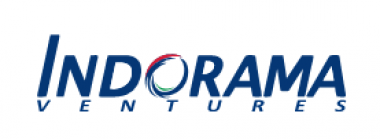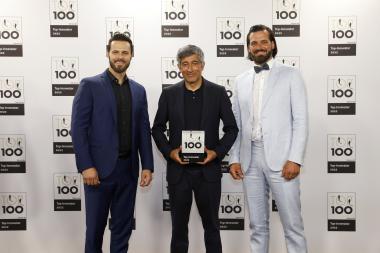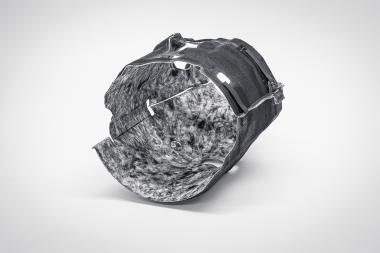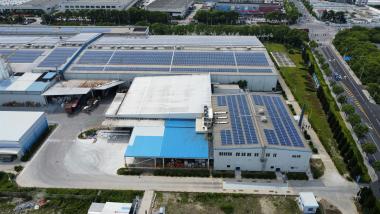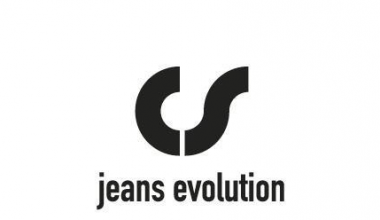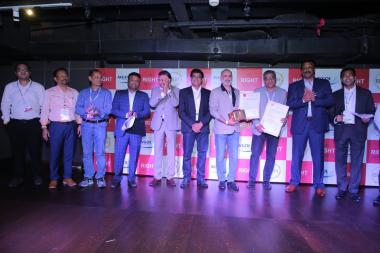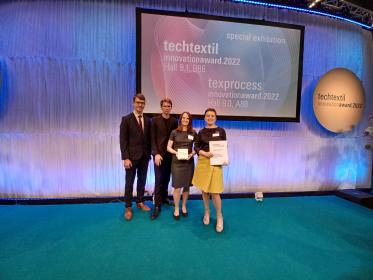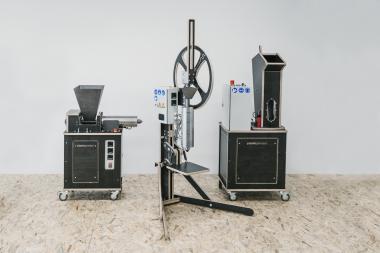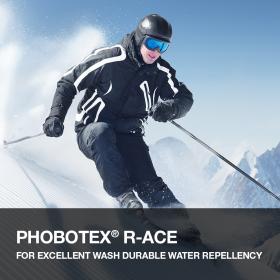Indorama Ventures enters world-first China license agreement
Indorama Ventures Public Company Limited (IVL), a global sustainable chemical company, has signed a license agreement with Shandong Binhua New Material Co., Ltd. (Binhua), a subsidiary of Befar Group, a leading petroleum and chemical enterprise in China, to build, own and operate a propylene oxide (PO), t-Butanol (TBA) and t-Butyl methyl ether (MTBE) co-production unit.
Featuring the world’s only MTBE ‘single-step’ reaction technology, IVL’s proprietary innovation, the project is part of the ‘C3 and C4’ comprehensive utilization project in Shandong, China. It is one of the largest in the province, covering an area of over one million square meters.
Under the contract, IVL will provide a design package, technology, operational know-how and training to enable the construction and operation of a PO co-production with MTBE and TBA units for Binhua. The plant is part of a larger complex comprising propane dehydrogenation to propylene, butane isomerization, synthetic ammonia, and other installations.
Indorama
Indorama Ventures Public Company Limited


